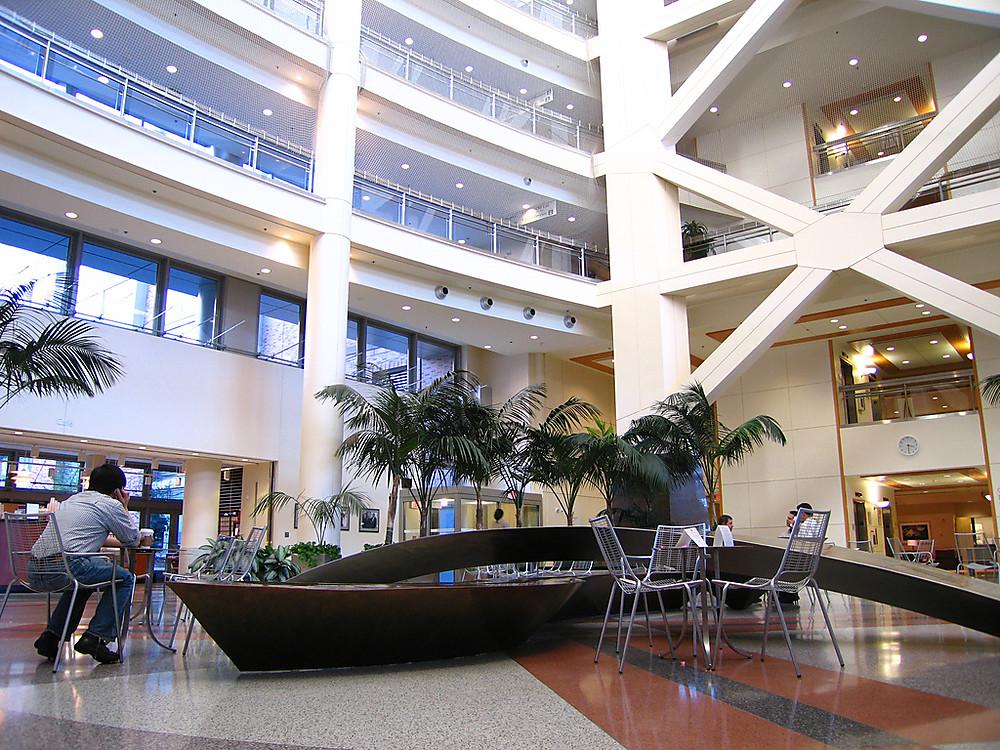The United States’ National Institutes of Health (NIH) is testing 10,000 random people who had not tested for COVID-19 for the presence of antibodies to assess how many have had the disease but went undiagnosed, and gauge the extent of “undetected community spread”.
“This study will give us a clearer picture of the true magnitude of the COVID-19 pandemic in the US by telling us how many people in different communities have been infected without knowing it because they had a very mild, undocumented illness or did not access testing while they were sick. These crucial data will help us measure the impact of our public health efforts now and guide our COVID-19 response moving forward,” said Anthony S Fauci, director, National Institute of Allergic and Infectious Diseases, which is under the NIH.
India also plans to start rapid antibody testing of all people in hot spot areas showing at least week-old symptoms, which could also give important clues for managing the disease.
The test involves analysing blood for two types of antibodies – anti-SARS-CoV-2, and the proteins IgG and IgM. In blood samples found to contain antibodies against SARS-CoV-2, researchers will evaluate the person’s immune response for insights on why they had mild disease.
Countries like Germany, Italy, UK and now US are considering issuing immunity passports to certify a person has recovered and doesn’t have the potential to infect others as an exit strategy from lockdowns.
Dr Fauci said the US government is planning to issue immunity cards and that a large number of antibody tests will be available in the market in the coming weeks.
South Korea has been running thousands of antibody tests everyday to contain the disease, but officials recently reported that 91 patients thought to have recovered tested positive again. This is why Singh stressed that antibody tests cannot be used for a final call on whether restrictions can be lifted.



